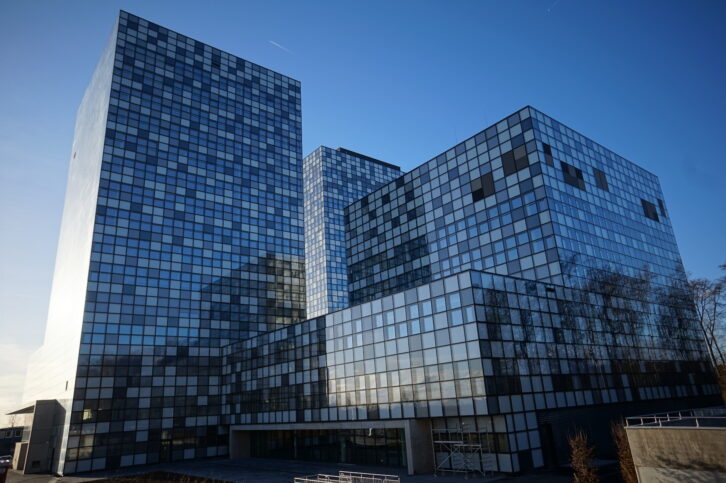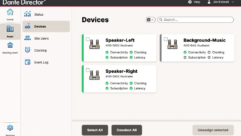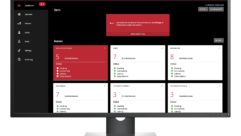
Broadcasting Center Europe (BCE), based in Luxembourg is a European leader in media services, system integration and software development in the areas of television, radio, production, post-production, telecommunication and IT. When BCE needed a solution to provide an efficient, reliable and secure audio network for a wide range of productions they turned to Dante.
BCE serves over 400 clients in various sectors, such as TV channels, radio stations, film distributors, producers, advertising companies, telecommunications operators and public services. BCE’s telecom network is one of the largest telecom networks targeted for the media market in Europe, hosting 3 of the main worldwide players.
The technicians at BCE had seen the benefits of a Dante system for the last few years, having been one of the first broadcast centers in Europe to migrate everything to Dante in 2017. Now, with the build out of a new WAN audio distribution infrastructure they needed a network management tool that would provide ease of use, expandability and security to their networks.
“We have been utilizing Dante in the center since 2017 and it is rock solid,” commented Pierre Fuchs, Technician, BCE. “Now, we have to renew the audio feeds going from our headquarters in Luxembourg to different transmission sites and decided to implement Dante Domain Manager to provide vital security to this network.”
Dante Domain Manager (DDM) is a complete network management software, enabling user authentication, role-based security and audit capabilities for Dante networks. It secures BCE’s audio networks and allows for seamless expansion of Dante systems over any network infrastructure. DDM makes audio networking more secure, scalable and controllable than ever before.

BCE faced several challenges they needed this system to solve. First and foremost was security —the network security needed to meet the 24/7 on-air requirements. Fortunately, DDM provides security for all aspects of control of a Dante audio network. With Dante Domain Manager, all control traffic is encrypted, and devices are bound to a specific instance of the server, which prevents the hijacking or unauthorized use of the system. The primary vector of security is user authentication, which ties all Dante control actions to specific users.
For BCE, it was important that there isn’t a central point of clock failure. To ensure this, Dante uses PTP (Precision Time Protocol, IEEE1588) to provide synchronized clocking throughout the network. Any Dante hardware device can act as a PTP Leader Clock via the high quality VCXO clock built-in to each one, and Dante incorporates an automatic election scheme that ensures stable PTP functionality even if a Leader Clock device fails.
BCE uses Dante Domain Manager as a network management console, securely connecting audio between each radio station. Instead of setting up single-use connections for each location, it now has a solid, efficient infrastructure that is both scalable and flexible enough to support any production. By setting up various Dante Domains, or groups, BCE can independently control each network from one location. Network administrators and AV managers can view all of the system components and manage the entire AV network from one easy-to-use dashboard.
For Fuchs, he and his team now have more confidence in the system thanks to the Audit Log feature in DDM. The Audit Log allows the team to track all activities over any period of time to quickly identify improper workflows, malfunctioning devices, and unwanted user actions. This instant, rich information allows them to be aware of and fix problems fast.
“In 2017 Dante allowed us to create a production network that was very reliable, flexible and easy to use. Now with Dante Domain Manager we can manage the system in a way that is secure and reliable,” concluded Fuchs. “I look forward to seeing how else we will apply Dante in the future.”










